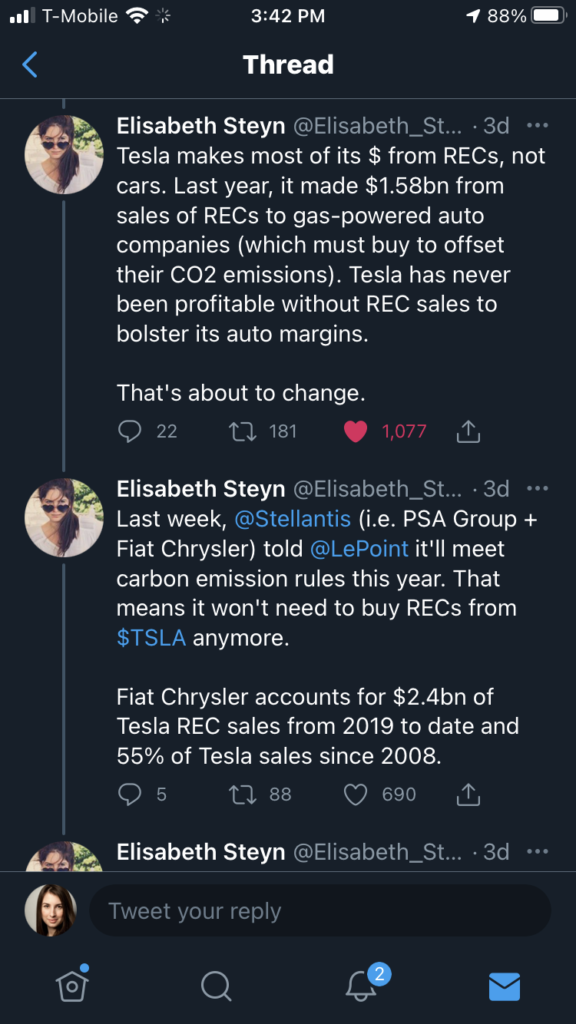I came across a thread today by Sahil Bloom on human goal setting and the mental models we manipulate. He introduced me to Goodhart’s Law
When a measure becomes a target, it ceases to be a good measure. If a measure of performance becomes a stated goal, humans tend to optimize for it, regardless of any associated consequences. The measure loses its value as a measure! Goodhart’s Law is states “Any observed statistical regularity will tend to collapse once pressure is placed upon it for control purposes.” But the concept was popularized by anthropologist Marilyn Strathern. She generalized the thinking and called it Goodhart’s Law. “When a measure becomes a target, it ceases to be a good measure.”
I am fascinated by this tendency humans have of fixating on the things we think symbolize progress instead of the actual outcome. Sahil names a number of instances in which this has led to bad business outcomes. CEOs managing to short-term stock goals has been one that has long frustrated me.
Startup land is immune from this tendency either. I’ve seen product teams fixate on OKRs such that they never miss a single metric but fail to launch their product on time. Or a venture capitalist will toss out something like an ARR goal for a Series A only to have a founder chase that number for a year and still not get funded when they hit it. We think these goals are the goals in and of themselves. But really launching the product on time and closing the series A are the only thing that matters. As long as we hit our goals who cares what metrics we used?
This is of course set against the classic “what gets measured get managed” which is an apocryphal quote from business theorist Peter Drucker. It may in fact be total bullshit. It may be that measurement actually hinders management. Said rather well by Simon Caulkin
Measures set up incentives that drive people’s behaviour. And woe to the organisation when that behaviour is at odds with its purpose.
Lest you worry this is just a business problem when I was single in my twenties I made a spreadsheet of the various gentlemen I was dating. I felt like I needed a way to make the process more efficient so I starting weighting categories of characteristics that was most important to me. I like intelligent men so I started listing their college degrees. I liked men who were into quantitative thinking so I started noting if they worked in banking or academics. And well you can imagine how this took a turn for the worst. Instead of meeting smart men that likes to look at the world through numbers I met a lot of bankers that went to Harvard. I was optimizing for the wrong outcome.
Next time someone tells you that some metrics or goal is the only thing that matters stop and question if it makes sense for the long term objectives. I’m not saying bankers from Harvard aren’t smart but I’m also not saying that all smart men are bankers from Harvard. And that turns out to be a pretty crucial difference.
.
